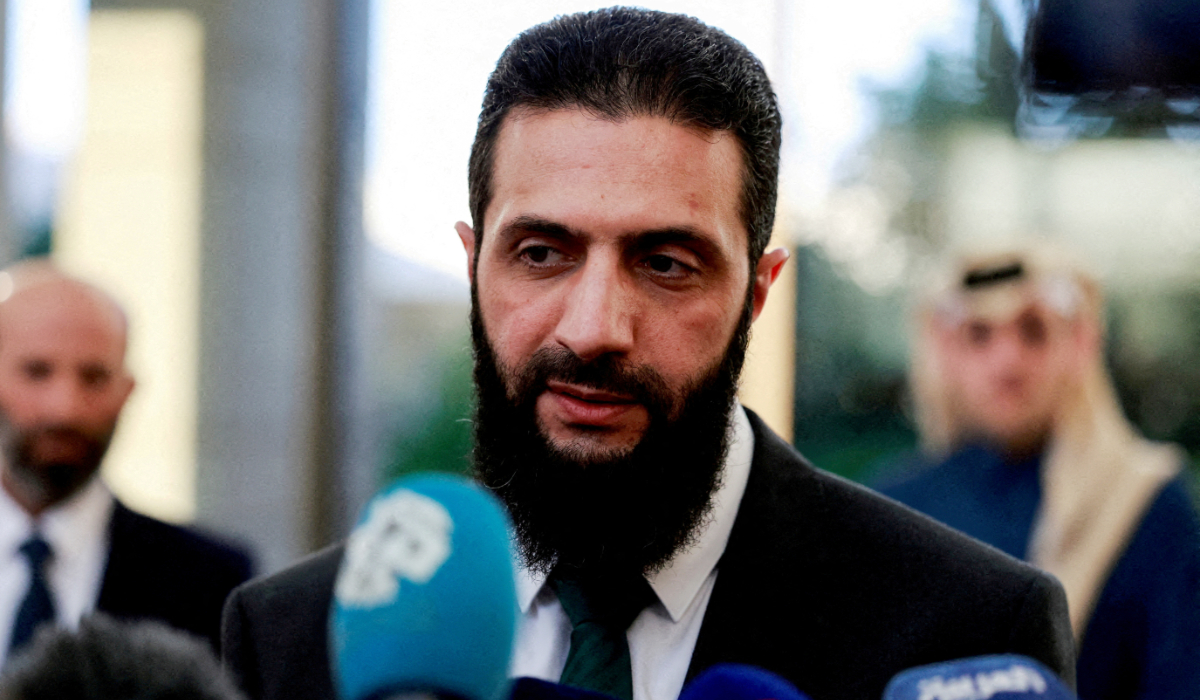BEIRUT: Lebanon’s Prime Minister Nawaf Salam will seek parliamentary approval for his government during sessions scheduled for Tuesday and Wednesday.
A political observer predicted that Salam’s government — operating under the slogan “Government of Rescue and Reform,” could secure up to 100 votes out of the 128-member parliament.
Winning the vote of confidence will allow Salam’s Cabinet to commence its sessions to make major decisions, including on appointments to the Lebanese Central Bank, the security forces, the judiciary and the general directorates within various government ministries.
FASTFACT
Lebanese Forces MP Fadi Karam, meanwhile, warned that Hezbollah ‘is not yet prepared to relinquish control to the Lebanese state.’
Currently, 63 MPs have requested to speak during the parliamentary debates.
Opposing votes will likely be limited to MPs from the Free Patriotic Movement bloc, which is not represented in the government and has positioned itself in opposition, along with a few reformist MPs.
A source from the presidential palace told Arab News on Monday that President Joseph Aoun would schedule foreign visits once Salam’s government wins the confidence vote.
One of the most significant foreign trips is a visit to Saudi Arabia next week, following an official invitation.
A ministerial delegation will accompany the president to discuss bilateral relations and avenues for cooperation in Saudi Arabia.
The source indicated that the visit will be confirmed on Thursday after the confidence vote.
On Monday, Aoun addressed a delegation of ambassadors from Francophone countries, saying that Lebanon will remain a bridge between East and West.
“French, the second language after Arabic in Lebanon, represents culture, dialogue, modernity, and values,” he told the ambassadors.
Salam, meanwhile, told a delegation from the diplomatic corps that his government “commits to restoring Lebanon’s standing among its Arab brethren and ensuring that it does not serve as a platform for attacks on Arab and friendly nations.”
Elsewhere, the speech delivered by Hezbollah Secretary-General Sheikh Naim Qassem on Sunday at the funeral ceremonies for former leaders Hassan Nasrallah and Hashem Safieddine elicited mixed political reactions.
UN Special Coordinator for Lebanon Jeanine Hennis-Plasschaert emphasized the necessity of commencing the “actual implementation of UN Resolution 1701 now on both sides of the Blue Line, as well as beyond the banks of the Litani River.”
The UN official added that “in Lebanon specifically, all necessary elements are present to achieve this, including a commitment to ensure that conflict does not return. However, the success of this process relies on its inclusivity, as each party has a fundamental role to play.”
Lebanese Forces MP Fadi Karam, meanwhile, warned that Hezbollah “is not yet prepared to relinquish control to the Lebanese state.”
He said the group was “attempting to navigate this challenging phase with minimal damage and losses while waiting for an unlikely breakthrough.
“The state must be solely responsible for establishing full national sovereignty over Lebanese territory,” he said.
“It must be the only authority to engage in negotiations, monopolize the use of weapons, liberate its land, and safeguard all of its borders.
“However, if Sheikh Qassim remains hard-headed and refuses to surrender the party’s weapons south and north of the Litani River, then any reconstruction plan will fail,” he added.































